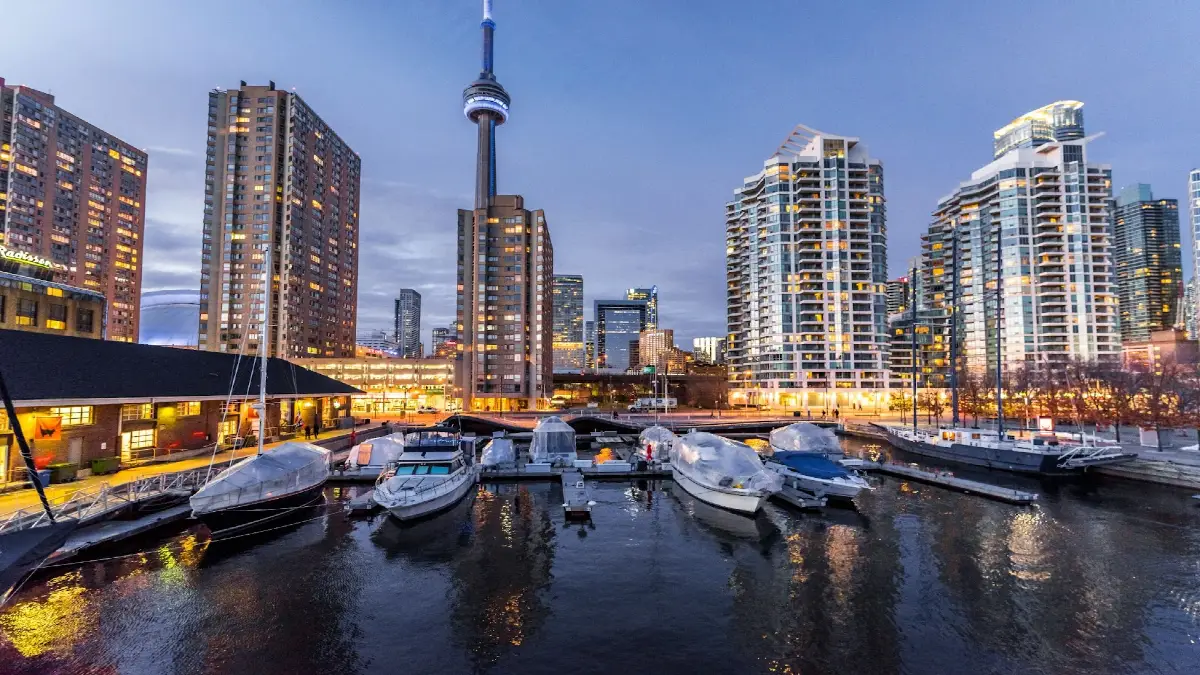Last Updated on October 2, 2017 by Bharat Saini
India Japan Act East Forum that aims to marry India’s Act East Policy with Japan’s Free and Open Asia-Pacific strategy in the backdrop of China’s One Belt One Road initiative is among the major agreements signed on Thursday September 14, 2017 during Japanese Prime Minister Shinzo Abe’s visit to India for the 12th Indo-Japan annual summit in Gandhi Nagar; to enhance connectivity and promote developmental projects in the northeastern region of India in an efficient and effective manner. India’s Act East Policy has its priority in the development of its Northeast. Japan has also placed a special emphasis on cooperation in the Northeast for its geographical importance of connecting India to Southeast Asia, and historical emotional links as Japanese forces had fought British in Manipur during World War II. Japan has cooperated with a variety of development projects in the Northeast, ranging from connectivity infrastructure such as roads and electricity, water supply and sewage, to forest resource management and biodiversity.
• India Japan Act East Forum will enhance connectivity and promote developmental projects in India’s Northeast region that include in Assam, Manipur and Nagaland states; in an efficient and effective manner.
• Japan agreed to extend a loan of Rs 2239 crore to India for ‘North East Road Network Connectivity Improvement Project’ to improve the National Highway 40 (NH-40) and construct a bypass on NH-54 in the Northeast. The project is expected to contribute to the improvement of the intraregional and international connectivity through regional economic development.
• Highway development in the Northeast that can complement India’s connectivity initiatives in Bangladesh, Myanmar and beyond, besides BBIN (Bangladesh, Bhutan, India, Nepal) and BIMSTEC (Bay of Bengal Initiative for Multi-Sectoral Technical and Economic Cooperation) Motor Vehicle Agreements.
• India and Japan have decided to seek synergy between India’s ‘Act East’ Policy and Japan’s ‘Expanded Partnership for Quality Infrastructure’, by closely coordinating, bilaterally and with other partners, for better regional integration and improved connectivity as well as industrial networks based on principles of mutual consultation and trust.
• Japan is also wishes to build a cultural link with the region which physically connects India to Southeast Asia.
• Japan has a historic connection to the Northeast and is among the few countries that India has allowed a presence in the eight landlocked states which are the country’s gateway to the Association of Southeast Asian Nations members.
• To encourage investments in the region a delegation of 38 Japanese companies based in Delhi visited Imphal, Manipur on May 20-21, 2017 along with Japanese Ambassador to India, Kenji Hiramatsu. The visit was organised particularly to mark the commemoration of the 73rd Anniversary of the Battle of Imphal, fought between Japanese Army and the Allied Forces in 1944; to help it overcome the devastating effects of the war.
• Japan is exploring opportunities to develop projects in ASEAN as it is keen to expand infrastructure projects in Southeast Asia amid China’s OBOR initiative and, along with India.

